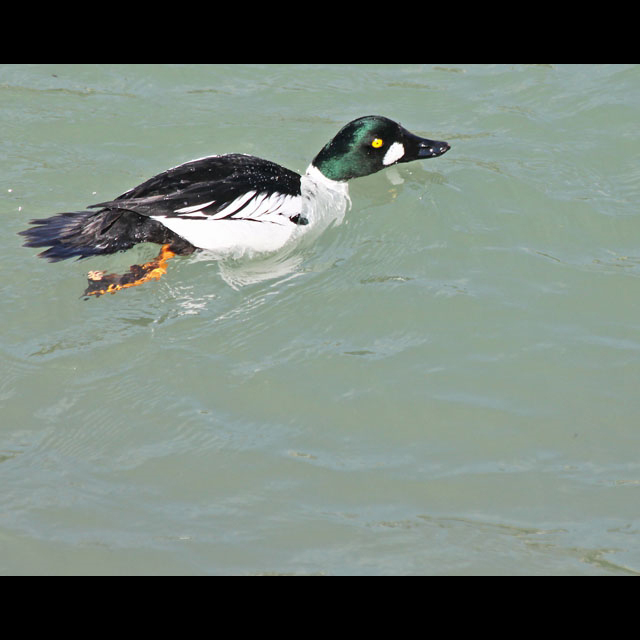

Ripper was fed by a human foster father because musk ducklings are exceptional amongst ducks and geese because they depend heavily upon their parents to feed them after they hatch. It appears that Ripper’s foster mother was a bantam hen, and that he hatched in September 1983. Thus, Professor ten Cate and Dr Fullagar had to rely on Dr Fullagar’s recollections as well as those of others who knew the bird personally. Sadly, all documents at Tidbinbilla were destroyed when a wildfire swept through the reserve in 2003, which made it difficult to establish the exact details of Ripper’s ducklinghood. Ripper was a male musk duck that had been captive-reared at Tidbinbilla Nature Reserve, located about 30 miles (50 km) southwest of Canberra, Australia. Professor ten Cate and Dr Fullagar collaborated and analyzed the recordings in detail, and Dr Fullagar recounted what he knew of Ripper’s story. That makes it a very special rediscovery”. “Because even though the bird was recorded 35 years ago, it remained unnoticed by researchers in the vocal learning field until now. How could such a collection of astounding recordings remain undiscovered until now? “The man, Peter Fullagar, told me that the duck was hand-reared and would have had heard the sound as a duckling”, Professor ten Cate explained. A retired Australian scientist and birder, this man originally recorded a variety of unusual sounds produced by Ripper around 1987, when the duck was four years old. Professor ten Cate ‘got all his ducks in a row’ by tracking down the recordist, who is still alive. This family of birds arose very early in evolutionary history and thus, they are thought of as ‘basal’ or ‘primitive’ birds. “Vocal learning is considered quite an advanced trait, and that it would be present in any representative of these groups - yeah, it was unbelievable.”Īnatidae is the biological family of water birds that includes ducks, geese, and swans. “It would be so unexpected from a species from this group, which is considered quite primitive”, Professor ten Cate elaborated. “When I first heard and saw the report of imitating a human voice, it also mentioned that the duck imitated ‘you bloody fool’.”Ī duck that imitates human speech? Whaaa? Could this be a hoax? “This came as a big surprise”, Professor ten Cate said. What was Professor ten Cate’s first reaction after discovering the existence of these audio recordings?

He also discovered that this duck’s utterances had been recorded. Intrigued, Professor ten Cate investigated and discovered that the duck, bearing the peculiar name, Ripper, also imitated other sounds, such as a slamming door. Professor Ten Cate was researching and writing a scientific review of his speciality, vocal learning in birds, when he stumbled across a mysterious report about a hand-reared Australian musk duck that produced a human-like utterance that sounded like ‘you bloody fool.’ This remarkable discovery was both unexpected and serendipitous.


 0 kommentar(er)
0 kommentar(er)
